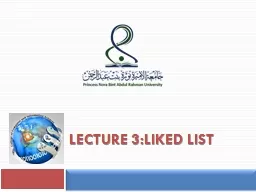PPT-Warm Up Activity Make a list of
Author : phoebe-click | Published Date : 2018-03-12
all that you know about the concept of Liberalism Early 19 th Century Nationalism and Liberalism Objective Today we will be able to describe the main aspects
Presentation Embed Code
Download Presentation
Download Presentation The PPT/PDF document "Warm Up Activity Make a list of" is the property of its rightful owner. Permission is granted to download and print the materials on this website for personal, non-commercial use only, and to display it on your personal computer provided you do not modify the materials and that you retain all copyright notices contained in the materials. By downloading content from our website, you accept the terms of this agreement.
Warm Up Activity Make a list of: Transcript
Download Rules Of Document
"Warm Up Activity Make a list of"The content belongs to its owner. You may download and print it for personal use, without modification, and keep all copyright notices. By downloading, you agree to these terms.
Related Documents














